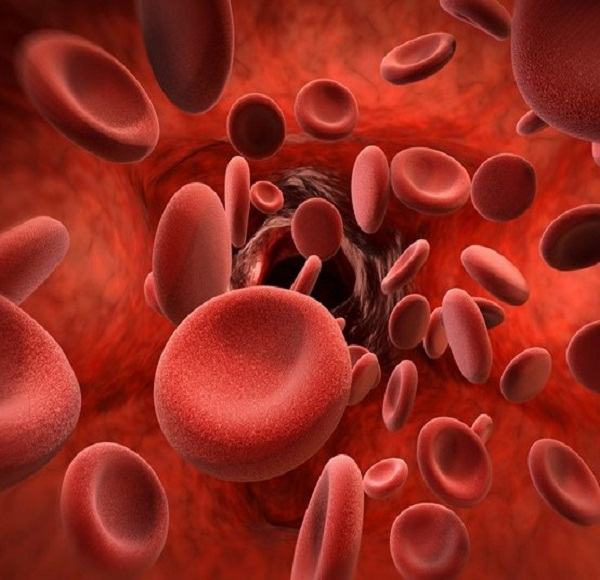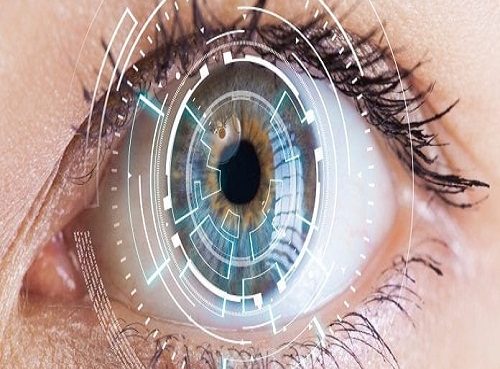In the ultimate use of telemedicine, a medical researcher at the University of North Carolina worked with Nasa to treat a US astronaut’s blood clot during a mission on the International Space Station.
A new publication in Vascular Medicine shows the results of an occupational surveillance programme that took place after an astronaut developed a blood clot during a mission to the International Space Station (ISS).
This was the first time a blood clot had been found in an astronaut in space, so there was no established method of treatment for deep vein thrombosis (DVT) in zero gravity. Therefore, Nasa called upon Moll, a member of the UNC Blood Research Center, for his knowledge and treatment experience of DVT on Earth.
“Knowing there are no emergency rooms in space, we had to weigh our options very carefully,” Moll said.
In the ultimate act of telemedicine, Moll and Nasa physicians helped treat the astronaut over several months, until they safely returned to Earth.
This astronaut’s blood clot was asymptomatic, so the DVT was only discovered when the astronaut was taking ultrasounds of their own neck for a research study on how body fluid is redistributed in zero gravity. This prompted Moll to continue working with Nasa to research how blood flow and blood clots behave in space.
Moll and fellow researchers, led by Nasa’s Dr James Pavela, monitored 11 astronauts over a combined total of 2,150 days in zero gravity on the ISS, comparing the blood flow and blood vessel size in the veins of their neck before and during exposure to zero gravity. Once in space, astronauts performed ultrasounds on their own necks with guidance from a radiology team on Earth.
“We expected some changes in flow based on the absence of gravity,” Moll said. “Gravity pulls fluid in your body down. It also creates a force on your blood vessels and this increased pressure in the veins of the legs leads to leakage of fluid from the blood vessels into the soft tissues.
“When astronauts arrive in space, the lack of gravity causes the blood vessels in the neck to expand due to fluid shifting to the upper part of the body. Astronauts develop swelling of the neck and face from this shift. That is a normal and expected finding.”
While abnormal flow characteristics were recorded in 6 of the 11 astronauts, none developed blood clots. However, the study did find slowed blood flow in the neck veins, abnormal echo findings on the examination, and even reversal of blood flow in two astronauts, raising the question of whether these abnormalities could predispose these space travellers to blood clots.
Moll says more research is needed, but due to the challenges of such investigations and the small pool of astronauts to participate in future studies, it may take some time to draw definite conclusions.
In the meantime, this research helps inform what medical supplies, like blood thinners, should be available for current and future spaceflight missions. The data will also help guide the use and development of interventions designed to minimise the potentially increased blood clot risk of spaceflight.
Source: E&T









